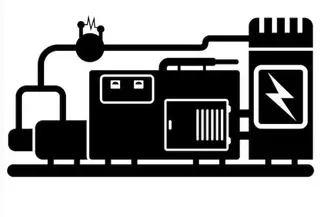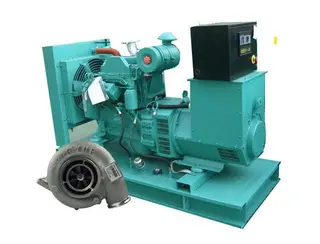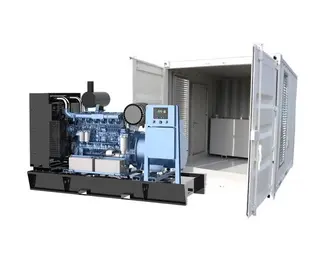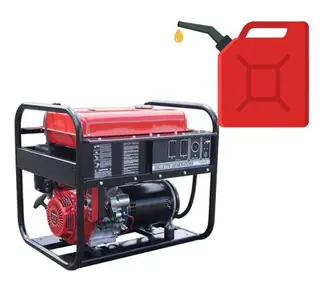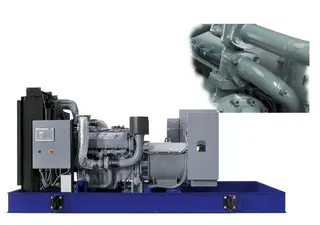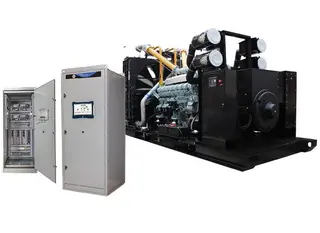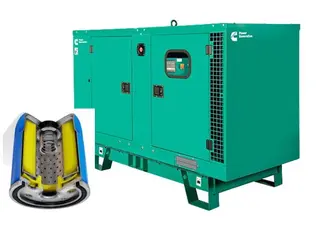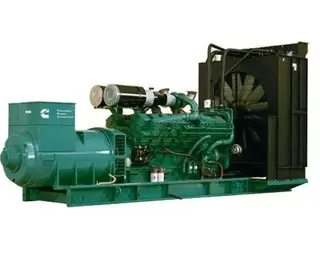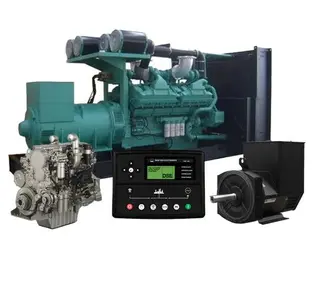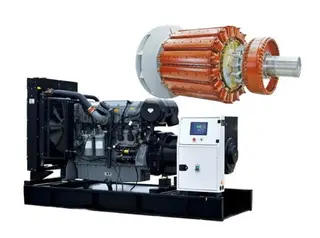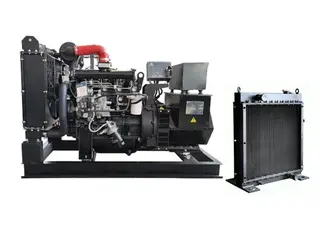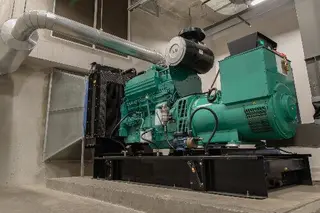Cooling System and Thermostat Principles in Diesel Generators
Diesel generators play a crucial role in modern industry and emergency power supply, with their efficient operation directly impacting production continuity and stable power delivery. Given that diesel generators generate substantial heat during operation, especially under high load and extended running conditions, the design and performance of the cooling system are of paramount importance. An effective cooling system not only maintains the generator at its optimal operating temperature...

